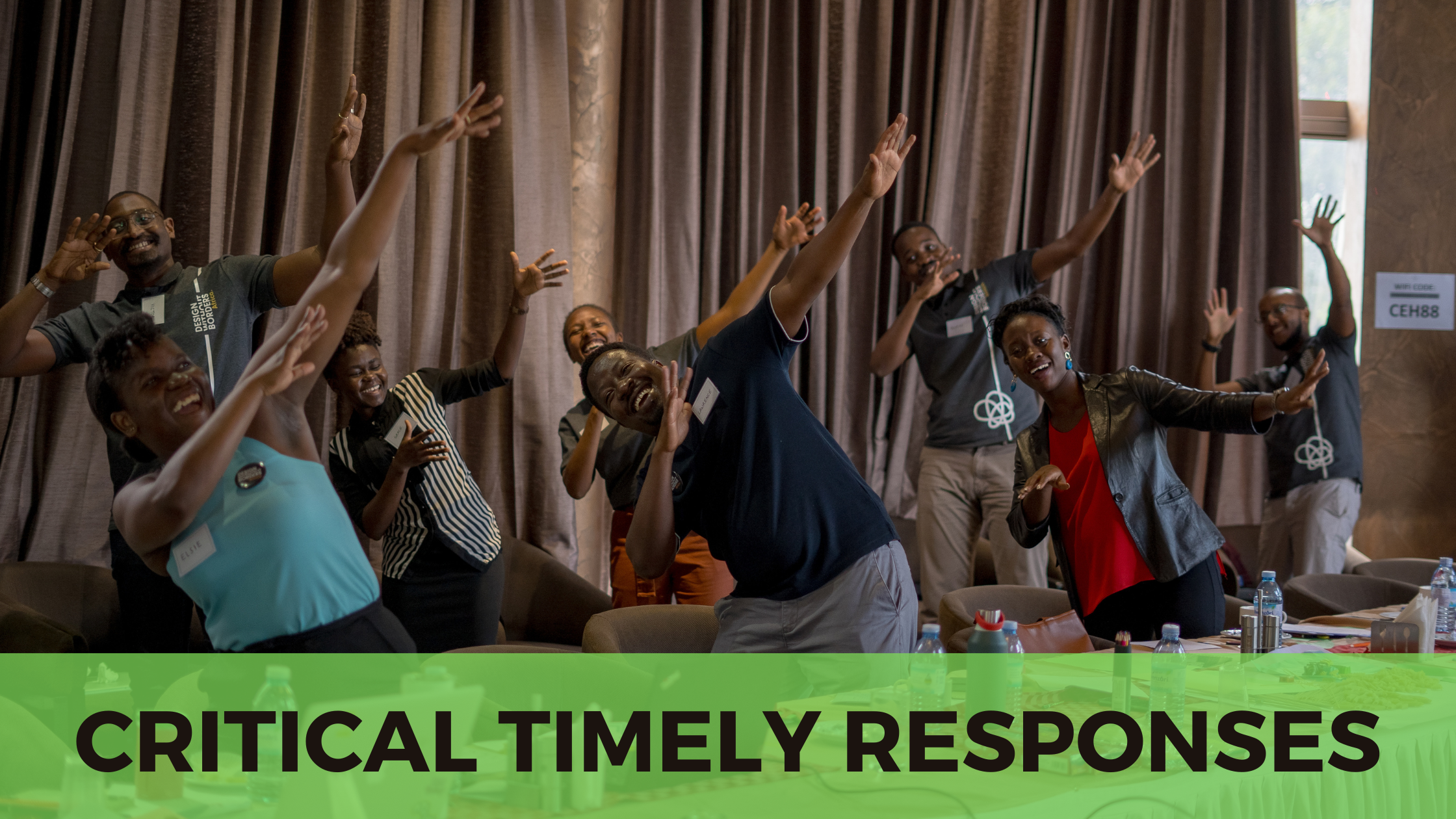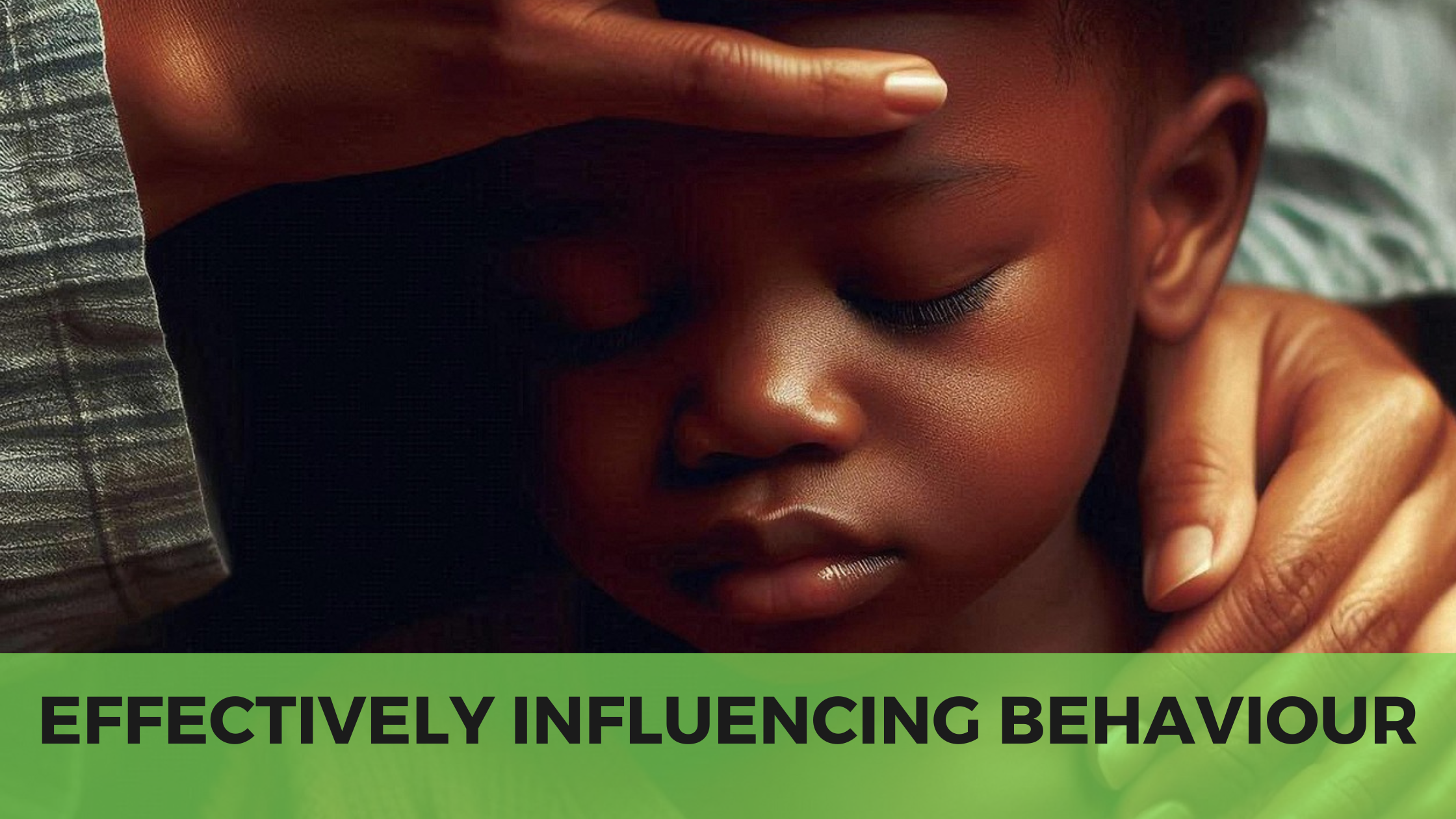The Rwanda genocide of 1994 occurred over the course of 100 days in April–July 1994. It was conceived by extremist elements of Rwanda’s majority Hutu population who planned to kill the minority Tutsi population and anyone who opposed those genocidal intentions.
It is estimated that some 200,000 Hutu, spurred on by propaganda from various media outlets, participated in the genocide. More than 800,000 civilians—primarily Tutsi, but also moderate Hutu—were killed during the campaign. As many as 2,000,000 Rwandans fled the country during or immediately after the genocide.
The genocide is a classic case study of how judgement box- systems work. It is always fueled by a generalizations. Generalizations are a sort of box, definition or category. Many of them are true and very useful. You do not have to keep putting your finger into a flame to find that all flames burn.
Then there are other generalizations which are only true most of the time, or part of the time, or even not true at all. These are the prejudices and stereotypes:
“All Tutsis are cockroaches”
“Women are not very good at mathematics”
“The French make great lovers”
“If you want to hide something from an African put it in a book”
“All men cheat”
“Adulting is a hoax”
A knife is useful for cutting up food. A knife may also be used to stab someone. Chemistry makes the medicines that save millions of lives. Chemistry makes the poison gases that have killed thousands. Mathematics makes engineering possible. Mathematics makes the nuclear bomb possible.
Any powerful system can be used for the wrong purposes. Any powerful system can be used badly. So our habit of ‘judgement boxes’ is powerful, but can also be dangerous if used badly. One of the roles of ‘wisdom’ is to make sure that our judgement-box system of thinking is used sensibly. How you may ask?
Exercise critical thinking through reason and proper judgment:
“Some Tutsis may have committed crime against Hutus but it doesn’t make the whole race bad. Crime is not ethnic-centric”
“Before you judge women for not being good at mathematics, do you know that sixty percent of the women especially in Africa are illiterate? How are they supposed to be good at something they have never been exposed to?”
“Claiming all French are great lovers is like saying the Vatican has only holy people. The Eiffel Tower is not a university of love but a symbol that has been marketed as a that of romance”
“Most africans are not exposed to books. As of 2020, 46 percent of the young people aged 15-29 years in Africa received primary or lower secondary education, while 23 percent completed upper secondary or tertiary education. By 2040, these shares should increase to 50 percent and 34 percent, respectively. On the other hand, considering a business-as-usual scenario, the proportion of low-educated young people should decrease to 16 percent in 2040, against the 31 percent in 2020. Source: Statistica.com”
“When you study, 20-25 percent of men are most likely to cheat on their wives. This compared to 13-15 percent of the women who cheat is high but hey for every ten men you meet eight are faithful. So why continue to make box judgments?”
Box judgments are a mark of uncritical thinking. Exercise objective judgment and wisdom.
Wisdom suggests we use terms like ‘usually’, ‘by and large’, ‘most of the time’, ‘probably’ and ‘maybe’, instead of the more absolute terms like ‘must’, ‘cannot’, ‘always’ and ‘never’. This shift in expression diminishes the danger of arrogance while retaining the utility of the boxes.
Sign up for the Critical Thinking Master Class https://consultsudesh.com/critical-thinking-workshop-seat-reservation/









